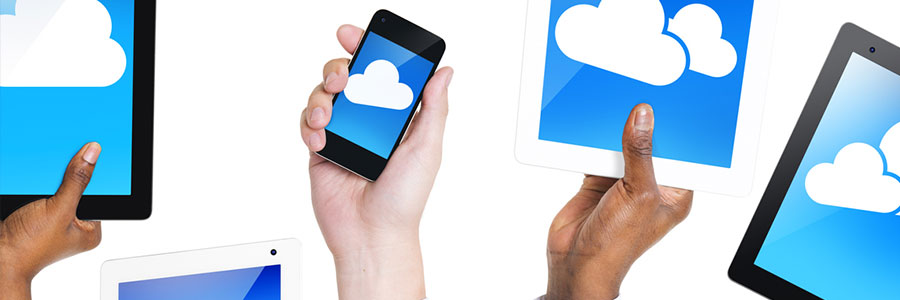Voice over Internet Protocol (VoIP) telephony systems are great for today’s businesses. They are more mobile, have greater functionality, and cost less than traditional landline phones. But as with any technology, VoIP is vulnerable to disruptions due to equipment failure, disasters, and cyberattacks.
Steps to having ever-reliable VoIP service
The difference between Groups, Yammer, and Teams
3 Disaster recovery myths, debunked
5 VoIP services to help your business
What does the lifespan of a business phone system look like?

Although digital communication tools let businesses connect with customers and other stakeholders in an efficient manner, telephones are still used to communicate with important business stakeholders. And for many organizations, determining whether to use internet phones or legacy systems remains a concern.
Successful cloud migration for unified communications

There are several benefits to migrating your unified communications (UC) to the cloud. These include better business agility, disaster recovery, greater mobility, increased efficiency and reliability, and better customization, just to name a few. To ensure that cloud migration is successful, your organization needs to do the following.
Let Office 365 help you save the date
Is your business prepared for hurricanes?
Which VoIP service is best for you?

Is it better for your company's Voice over Internet Protocol (VoIP) system to be on-premise or cloud-based? What's the difference between a mobile VoIP client and a software-based application? What VoIP service is best for your business? The following compilation of VoIP options will help you answer these questions and choose the ideal service for your enterprise.







